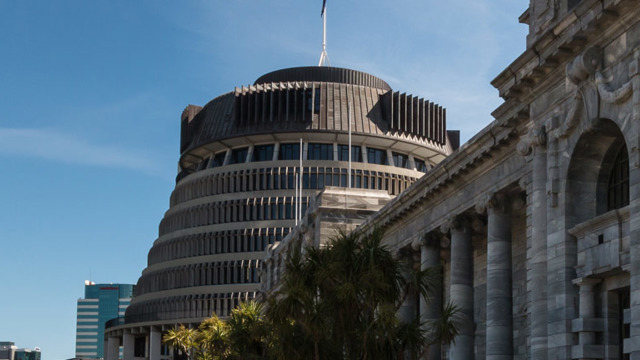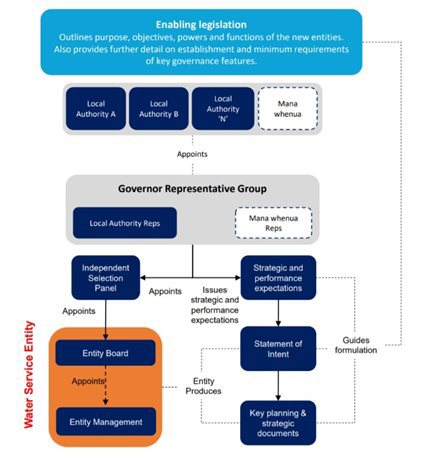Matter of opinion
Editorial
Schrödinger's contract | A story of new public entities and private contracts
The announced reforms of the health system last week, while anticipated, were more ambitious, and will happen more quickly, than what was indicated in the Health and Disability System Review Report - released in March 2020 (2020 Report).
Whereas the 2020 Report envisaged a gradual reduction in the number of DHBs (from 20 to 8-10) over a number of years, all will now be disestablished and replaced with the new Crown entity Health NZ by July next year. For those with existing contracts with DHBs, what happens when your contracting party no longer exists?
As an exception to the usual principle that legislation should not interfere with contractual arrangements, the established public administrative practice in New Zealand is to use legislation to magic a fix. It avoids the need for new contracts or negotiated amendments, and importantly preserves private and non-for-profit sector trust in government arrangements (which is critical for future dealings). It involves the use of relatively standard provisions that "lift and shift" the business, operations (including contracts), and employees from the entities being disestablished to the new agency. The relevant provisions operate as a declaration of the new state of the world.
This mechanism was recently used in the Education (Vocational Education and Training Reform) Amendment Act 2020 which established the new Crown entity, the New Zealand Institute of Skills and Technology (NZIST) to take over the functions and responsibilities of the previously separate 16 polytechnics and institutes of technology. The operative provision is clause 36 in the new Part 10 of Schedule 1 of the Education Act which simply provides that, on and after the commencement date of the amendments, the rights, assets, and liabilities of the existing polytechnic vest in the existing polytechnic’s corresponding NZIST subsidiary. Employees were transferred by clause 38. That is, on the day of commencement the existing institutions ceased to exist and each new subsidiary company of NZIST had all the legal ownership rights and obligations of its forerunner. By law, a contract with a polytechnic was now effectively a contract with a different party without requiring contractual change. It is a relatively clean and administratively efficient process.
There is currently no indication that Health NZ will create subsidiaries as was done for NZIST, but the health system reforms will likely use a similar provision to transfer all DHBs' assets, rights and obligations to Health NZ.
Saying, that complexities can arise. Under the Education Act reforms, the name of one of the polytechnics was misspelt in the legislation. This created an existential dilemma where the assets obligations and rights could not transfer to the new subsidiary. However, at the same time, the polytechnic who, before the legislation, owned the assets, was the legal party, now no longer existed. There was no owner and no party. These arrangements, all founded on the concept of a legal entity, were in a state of flux – a legal, even Kafkaesque, black hole. While ultimately, the situation could be quickly remedied in this instance under section 25 of the Legislation Act 2012 (which allows for corrections of typographical errors without further amendment to the Act – noting a different type of error would have been less easy to fix) it highlighted the centrality of legal and written concepts to our ability to function.
The significance of the announced reform of the health sector, and the reframing of its objectives, will necessarily mean changes in the services required from providers. Efficiencies created by having a centralised operation will no doubt lead to a reduction in providers in some areas. Opportunities may open in others. Contracts due for renegotiation will need to fit with the new arrangements and it cannot be ruled out that some contracts will need to be terminated (in accordance with their terms) earlier than anticipated.
But the broader starting point is that contracts should be carried over to the new entity, and the fact of the change of entity, should not in itself be used as a reason to avoid existing obligations. This can provide some sense of assurance, and allow parties to focus on their future relationships in a timely manner, taking account of expectations, fairness and the needs of both providers and communities.




